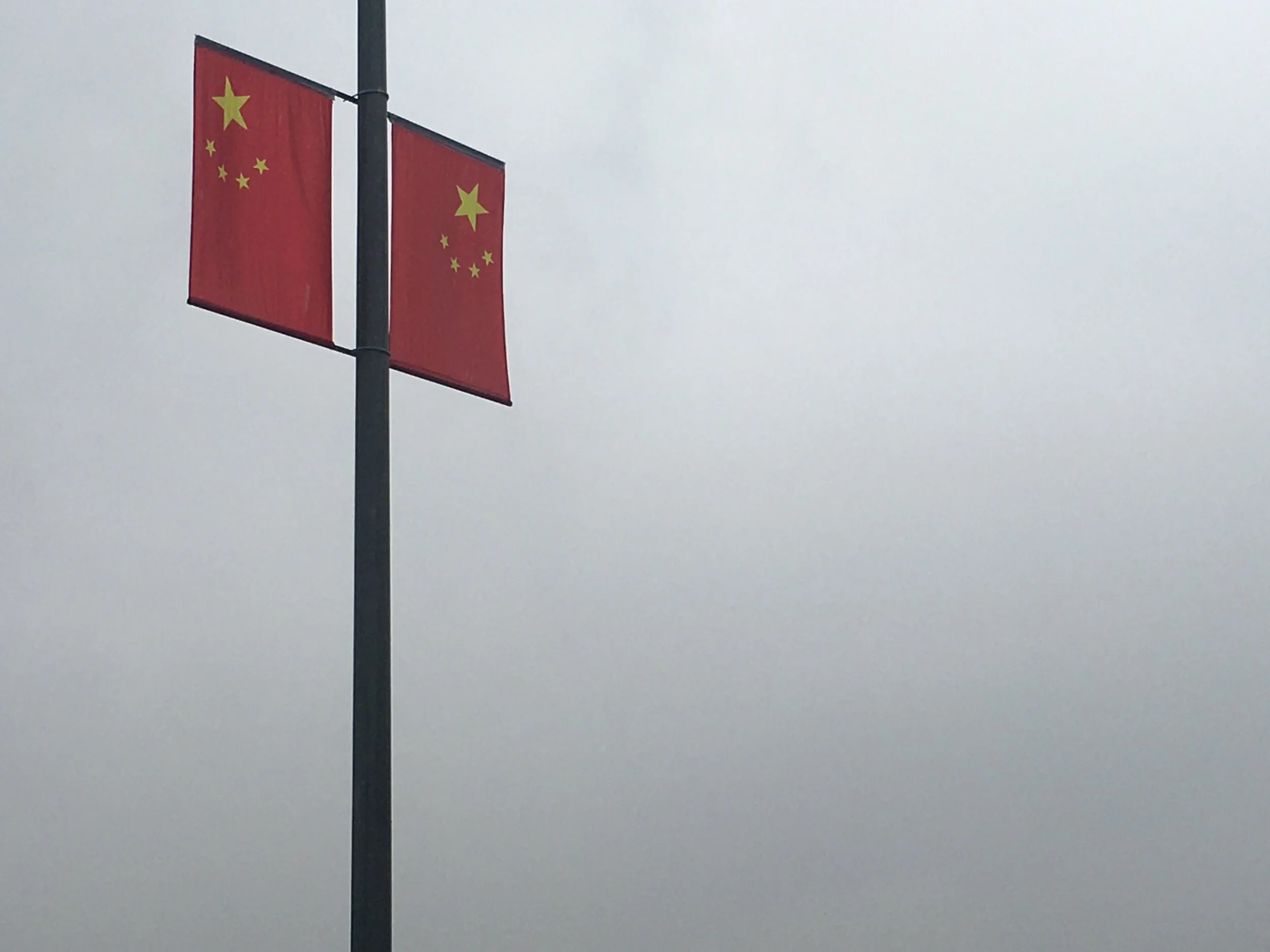Capital Punishment
July 3, 2005
WE HAVE fond memories of Beijing. Many moons ago, with the stifled streets still soaked with the smell of blood and tank fuel, Running Dog could often be found watching local students as they underwent compulsory military training, one of the post-1989 measures aimed at restoring 'stability'. The frail young boys would stand in their sweaty singlets in the university's recreation ground, coiled up in anxious anticipation as some hardnosed army goon swang a weight attached to a rope and ordered them to jump over it.
Of course, much to his credit, Deng Xiaoping understood that the way to restore stability was not by militarizing the nation's youth, but by transforming the economy, and that indeed is what happened. Beijing, hence, is now unrecognizable.
We remember, with some fondness, a little restaurant stall on Haidian Road where a drunken owner once tried to plunge a rusty meat cleaver into the back of a Senegalese foreign student's neck. We remember the Uighur ghetto near the library, in which you were as likely as not to get your head smashed in during some racial melee, but could at least obtain decent lamb kebabs and a cheap supply of illicit substances. We remember, too, a small garden near the university, where we once watched the grim, torrential vomitting of an Australian in the wake of a baijiu binge.
We remember the shoddy proto-night clubs in the university districts, where garish lights would glitter in the mirrored walls, and where the beer would frequently run out.
All this is gone, and by now, we do not even try to revisit the various places that helped alleviate the pre-Internet isolation and boredom of the city's ex-pat community. Nostalgia is for suckers. Bring on the Bentley showrooms and the street walkers, bring on the buildings glowing like discarded diodes in the night sky, bring on the brand names. This is the Brave New World, proclaimed in neon on the cluttered skyline.
The changes in Beijing are, nonetheless, terrifying. Old haunts are demolished to make way for luxury brand outlets, limousine showrooms and computer centres. Running Dog's knowledge of the city seems more and more obsolete, dependent as it is on the memories of getting drunk in street-side restaurants with a foreign community still infused with a sense of strangeness and novelty, and almost with a sort of pioneer spirit.
Beijing, now more than before, is facing the inexorable sweep of the desert. The sands stretch all the way across northern China and threaten to sweep the capital aside. The “Great Green Wall” - the thickets of trees planted around Beijing to protect it against desertification - seems so hapless, so rudimentary and ad hoc.
Still, Beijing is being swept aside by something else. It is hard to bemoan the fact that most of the city has been demolished to make way for luxury apartment blocks, glittering shopping malls and the umpteenth ring-road, because far more was razed to the ground to make way for Chairman Mao's unfathomable folies de grandeur in the 1950s. Nevertheless, something in the air – something in the way time seems to move – suggests a kind of elegy for things past, a sense that all is lost. Beijing, for Running Dog at least, is all about the grey evening rain and a plangent saxaphone from a song by the old rocker, Cui Jian.
Beijing is being swamped and swept aside by Capital itself, and by the relentless, restless forces of global money. The grey, premonitory government buildings stand like the monuments of Ozymandius in a sea of colour and verve and philistinism, and the very portentousness of Communism and everything it connotes is now overshadowed and overwhelmed by the skyscrapers piled up against the skyline like diodes and switches, by the cascades of neon light advertising everything from visiting DJs to herbal infusions.
Sanlitun, Beijing’s famous bar street, is by now a veritable Sodom and Gomorrah. There might have been a time when it was almost respectable, but by now, visitors are bombarded by little men racing out from the shadows to offer an assortment of goods and services, including DVDs and hookers, 'girl bars' and 'special girl bars'.
Scores of foreigners, some clearly more respectable than others, flow into the place in long waves.. Veteran whore-mongers with speckled goatees and greasy pony-tails lunge into the alleyways.
And yet, something of the Beijing character remains, elsewhere. Running Dog eventually ended up at a night market near Chaoyang Park. The concept of the night market has all but died out in China's big cities, but remains the centre of things in middle-tier cities like Sanmenxia or Yan'an. Knocking back the draft beer (5 RMB a pop) and climbing, occasionally, onto the stage to take over the karaoke machine, Running Dog felt he had finally come home.





